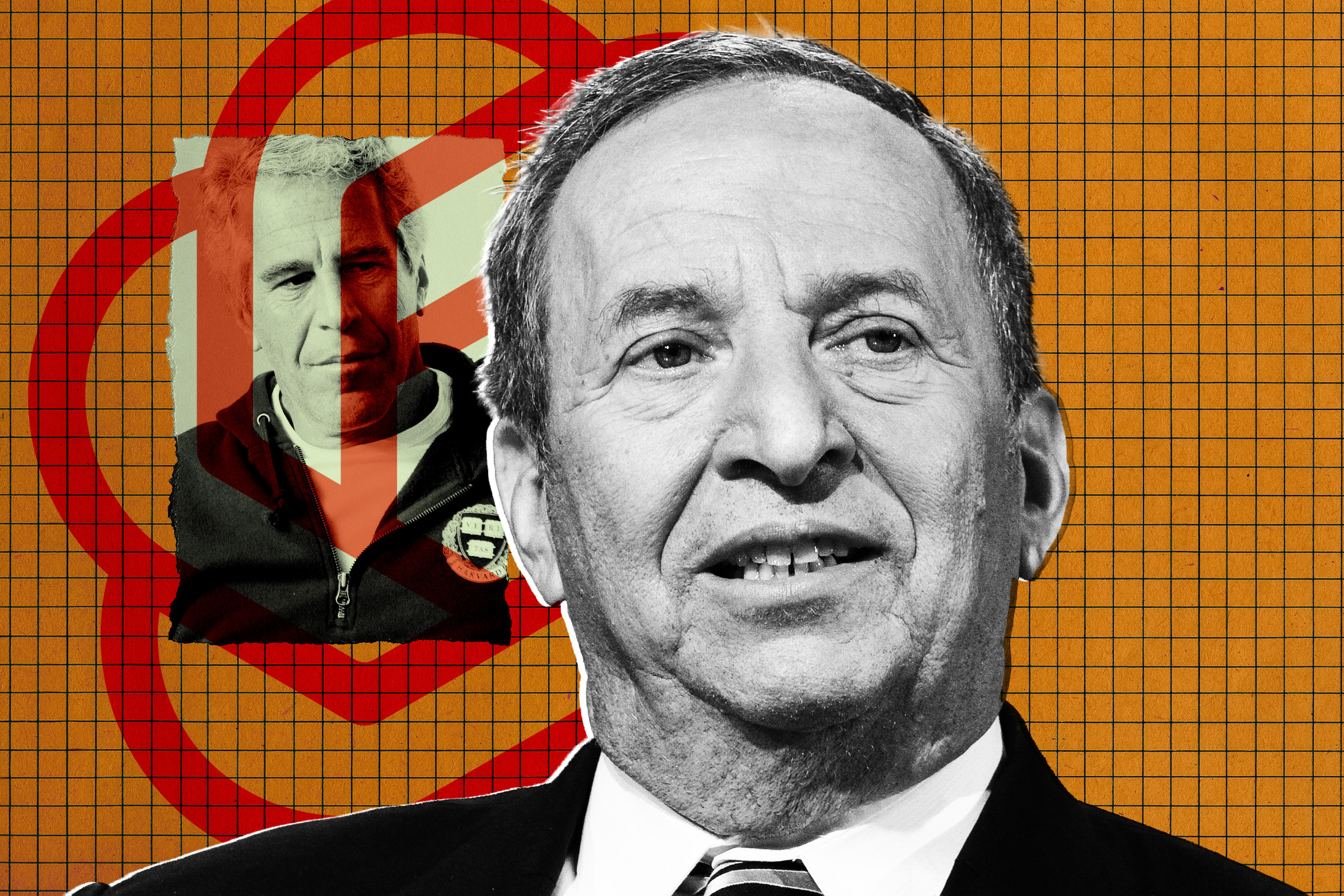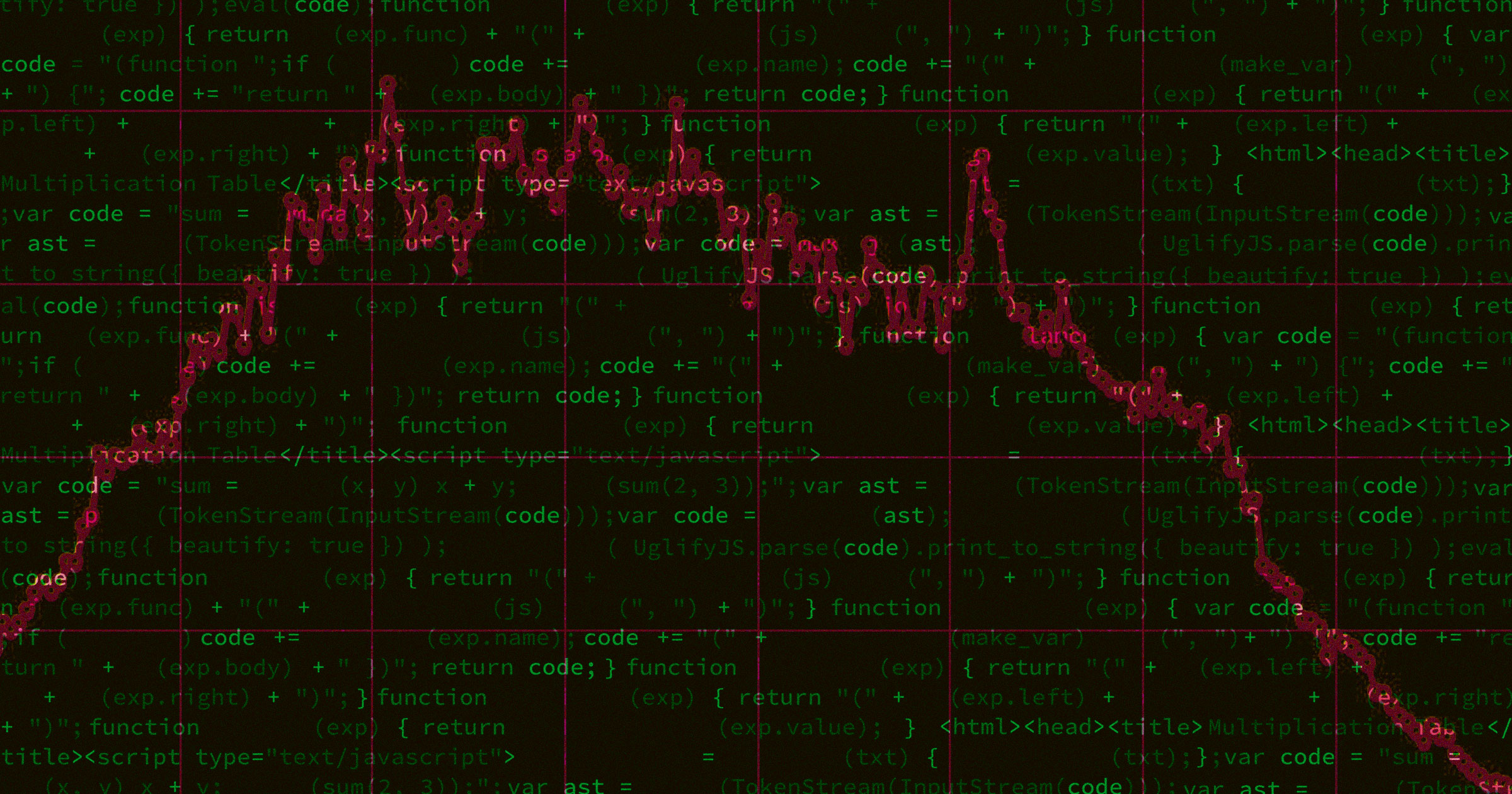OpenAI Board Member Resigns After Deep Connections to Epstein Exposed
NegativeArtificial Intelligence

- Larry Summers has stepped down from the OpenAI board after his connections to Jeffrey Epstein were revealed, marking a significant moment in his career.
- This resignation is crucial for OpenAI as it reflects the company's response to public scrutiny and the need for ethical governance in leadership roles.
- The incident highlights ongoing concerns regarding the influence of past associations on current positions, raising questions about accountability and transparency in high-profile organizations.
— via World Pulse Now AI Editorial System







